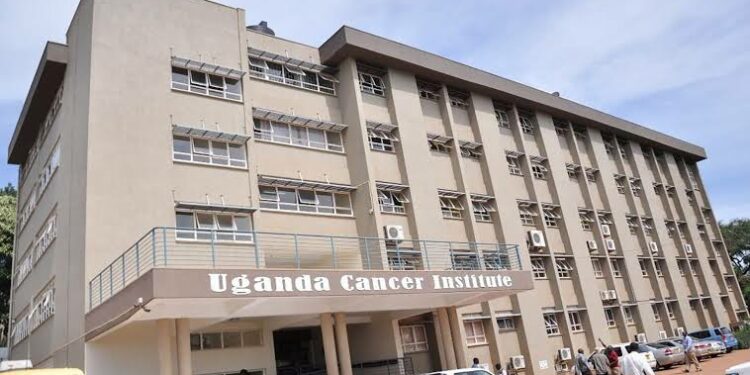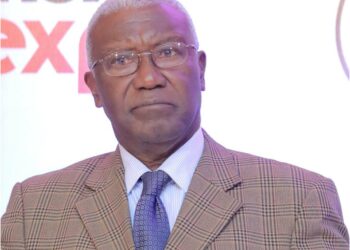In a seismic revelation that reverberates across the globe, the World Health Organization (WHO) has unmasked the relentless tyranny of lung cancer, unleashing a cataclysmic report that unveils the sinister grip of this affliction.
The staggering statistics, etched in the annals of morbidity, reveal a harrowing 2.5 million new cases, a grotesque slice of the apocalyptic 20 million fresh cancer diagnoses haunting our collective consciousness.
Lung cancer, like an insatiable behemoth, claims a brazen 12.4% of this morbid tally, casting an ominous shadow over the very essence of human existence.
The finger of blame, pointed with a grave intensity, rests squarely on the persistent use of tobacco products, an addiction that defies the ardent global efforts to quell its insidious influence, particularly rampant in the folds of Asia.
Even as the world observes World Cancer Day with somber reflection each February, the inscrutable report serves as a grim reminder that 9.7 million souls bowed to the inevitable fate of cancer’s ruthless onslaught in the year 2022.
Yet, the saga unfolds further into the abyss of despair. A labyrinthine journey through the corridors of cancer survival reveals an astounding 53.5 million individuals teetering on the precipice of existence, grappling with life within the oppressive shadow of a cancer diagnosis.
The chilling reality that one in five individuals will confront the spectral presence of cancer during their earthly sojourn sends shivers down the spine, while the grim statistic of 1 in 9 men and 1 in 12 women succumbing to the relentless disease paints a macabre canvas of human vulnerability.
As the grotesque tableau of cancer unfolds, lung cancer emerges as the undisputed sovereign, flaunting its nefarious crown, relegating female breast cancer and colorectal cancer to reluctant cohorts in this tragic drama.
The indomitable duo of prostate cancer and stomach cancer further solidify their malevolent presence, collectively usurping two-thirds of the global stage for new cases and heart-wrenching demises.
In an unsettling twist of fate, the researchers at the WHO unravel the tapestry of inequity in the cancer narrative. For women, breast cancer emerges as the relentless antagonist, asserting its dominion in 157 out of 185 countries.
In stark contrast, lung cancer stands as the grim sovereign for men. Dr. Isabelle Soerjomataram, the Deputy Head of the Cancer Surveillance Branch, unveils the stark truth—women in lower Human Development Index (HDI) countries face a 50% lower likelihood of diagnosis, yet are haunted by a disproportionately higher risk of succumbing to breast cancer due to the cruel trinity of delayed detection, and limited access to quality treatment.
As the world grapples with the unfurling horror of these revelations, Dr. Alfred Jatho, the intrepid head of community cancer services at the Mulago Cancer Institute, detonates a verbal bombshell, exposing tobacco as the insidious third wheel in Uganda’s spiraling cancer catastrophe.
The insidious tendrils of tobacco, once confined to lung cancer, now snake through the intricate pathways of cervical cancer, leaving devastation in their wake.
The dystopian crescendo of this nightmarish narrative warns of an impending apocalypse. Cancer cases, the grim puppeteers of our collective demise, are projected to surge to an unfathomable 35 million by 2050—an alarming 77% surge from the ghastly 20 million in 2022.
This apocalyptic surge, a chilling dance with mortality, is fueled not only by the relentless march of time and population growth but by the ominous ballet with risk factors like tobacco, alcohol, and obesity.
The WHO, in a stern proclamation, points an accusing finger at air pollution, a lurking environmental malefactor that propels the cancer juggernaut with unbridled ferocity.
In the end, Dr. Alfred Jatho’s words resonate as a haunting refrain—”Tobacco is the third risk factor for cancers.”
The world, now caught in the throes of this burgeoning health crisis, clings to the flickering flame of hope, hoping against hope that awareness and intervention can somehow stem the tide of this relentless, burgeoning cataclysm.
Do you have a story in your community or an opinion to share with us: Email us at editorial@watchdoguganda.com













